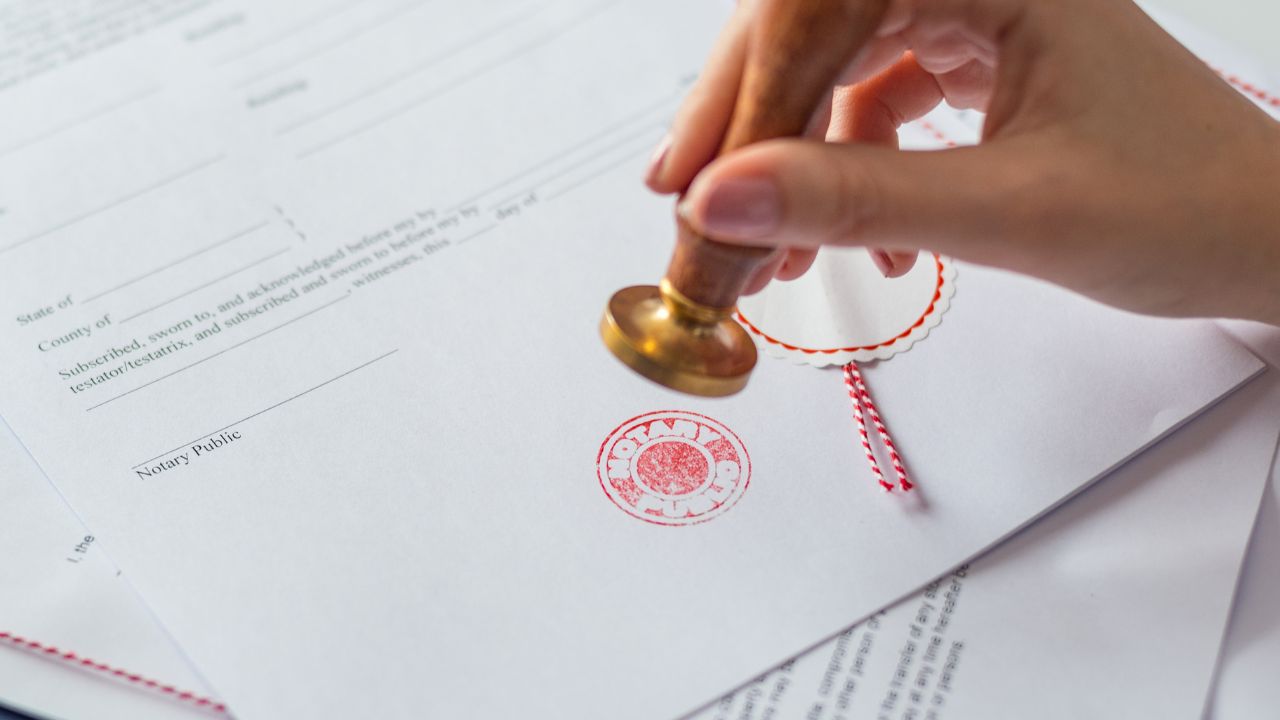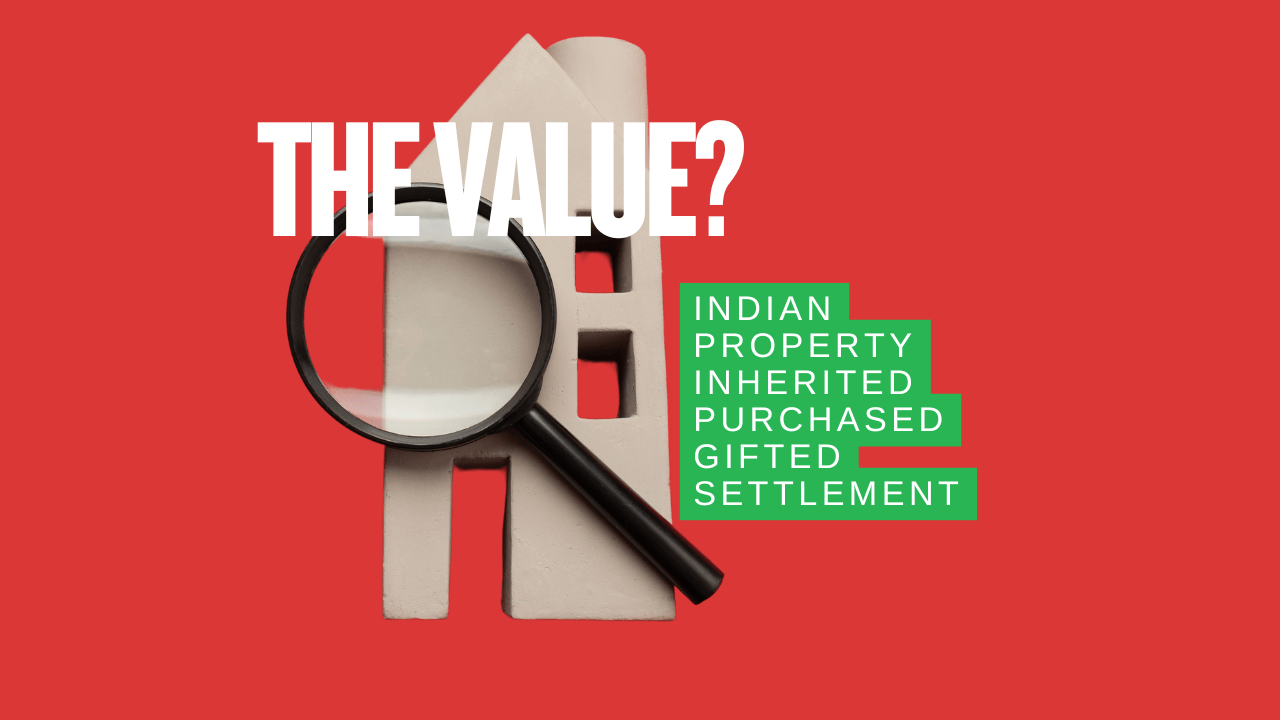An NRI power of attorney is the most efficient tool for an Indian property owner who works or lives outside of India. Buying, selling or even managing a property requires carrying out a number of activities including drafting legal documents, executing sale deeds and registration of property and documents.
Some of the most important frequently asked questions on NRI power of attorney are:
Yes, you can. However, if you have inherited a property, you must ensure that the property is transferred to your name, in order to sell it. Also, the power of attorney must be valid.
To be valid and acceptable to the Indian authorities, the NRI power of attorney will have to undergo certain legal procedures. Including notarisation, attestation and registration.
If you require an Indian power of attorney or need guidance on the procedure to make a valid power of attorney, please see our Indian Power of Attorney Services page.
A power of attorney may be needed when personal attendance is required to complete certain legal formalities, however, not possible for a particular reason, such as being overseas at the time.
For example, an NRI residing in the UK owns a holiday property in Goa, he chooses his family friend as an attorney to deal with the management of his property in his absence.
It could be your partner or spouse; a family member; a friend; or a professional, such as a lawyer.

Depending on how the document is drafted, an Indian power of attorney is usually valid until it is cancelled or if either the grantor or attorney dies.
It is also possible to define an end date in a power of attorney.
No, witnesses must be independent such as friends, neighbours or acquaintances. Also, a witness cannot be a beneficiary of the situation. For example, when selling a property, a joint owner cannot be a witness to the power of attorney.
No, personal presence is required during criminal proceedings and you cannot appoint someone else to attend on your behalf.
If you are in India, then the power of attorney will have to be drawn on non-judicial stamp paper, otherwise, if you are sending the power of attorney from abroad to India then it can be on plain paper.
Yes, a power of attorney document is classified as a deed and therefore must be registered with the relevant authorities for it to be valid and acceptable before it can be used.
There are set costs involved in making a valid NRI power of attorney. To explore this topic, please see our post – The real cost of an NRI Power of Attorney.
Essentially, there are the same. NRI power of attorney means that the document is executed by a Non-Resident Indian (residing outside of India).






